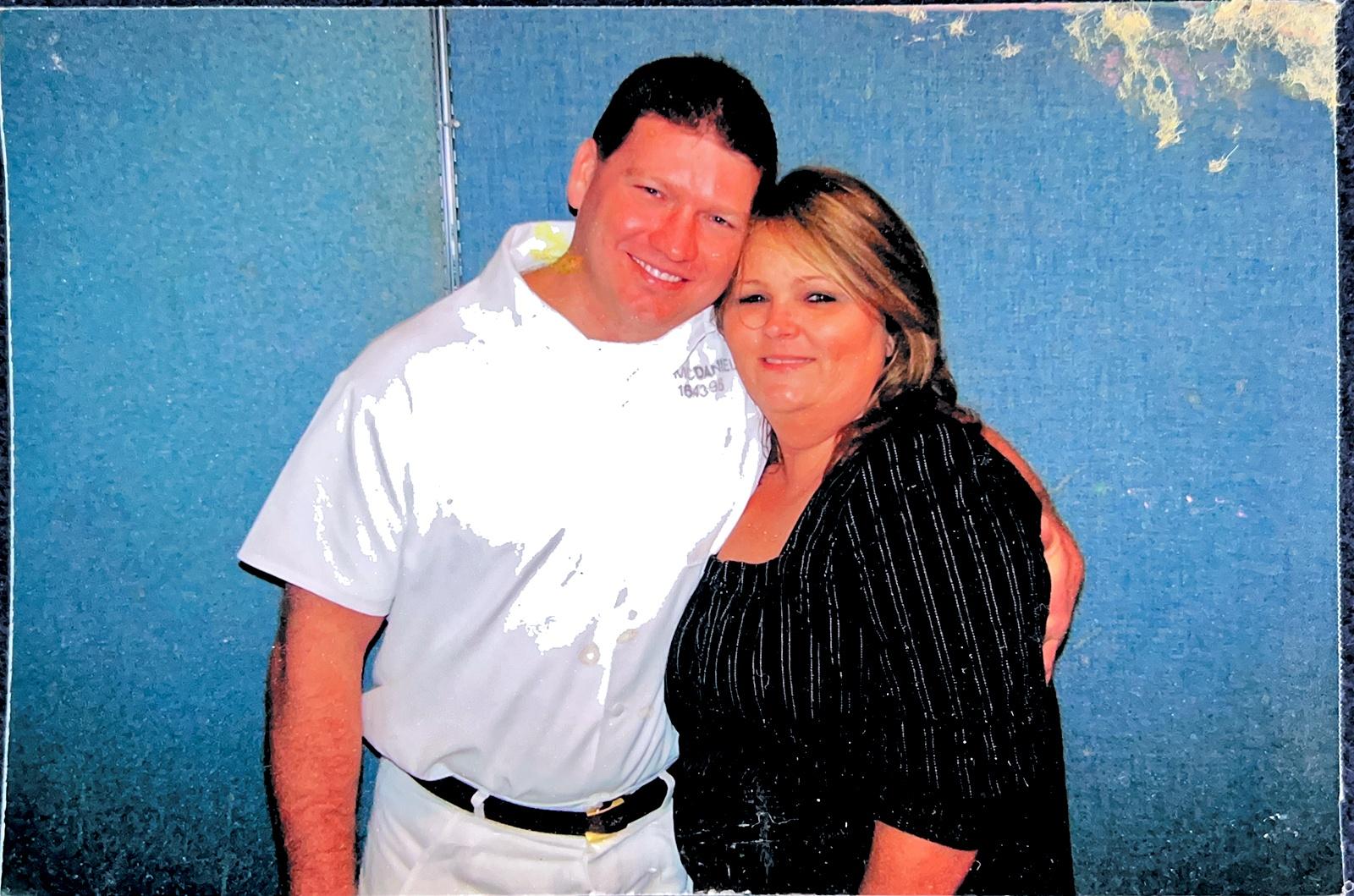Laura Szeremi, a Florida resident whose best friend is in prison in Alabama, said she hopes Alabama will reconsider its visitation policy.
“What Alabama is doing does not actually make sense,” she said. “Look at what Commissioner Cain is doing in Mississippi. It’s common sense, and it makes sense to minimize the risk of COVID.”
Szeremi is an Alabama native and produces a podcast about wrongful convictions in the South. She said the state’s prison visitation policy feels like a penalty for the loved ones of the more than 24,000 people incarcerated in Alabama prisons.
“That's a lot of families,” Szeremi said. “Visits are so important for family bonding. This has really been punishing families, and the families aren't in prison. And they shouldn't be punished."
However, the Alabama Department of Corrections remains confident in its approach to visitation.
“As we have been throughout the course of the COVID-19 pandemic, we will remain cautious and methodical in our approach to lifting restrictions at an appropriate and safe time to ensure the well-being of those who live and work inside our facilities,” Simpson, a spokesperson, told the Gulf States Newsroom.
As for Virginia McDaniel, she was finally able to visit her husband, Kenneth, for one hour on December 12. As she made the hour-long drive from her home in Dothan to the prison in Clio, Alabama, she said she felt both nervous and excited. When she got to the prison, only three families were there to visit, with many families deciding to not make the trip for such a short visit.
“It was torture knowing that my husband was sitting across the table from me, and I couldn’t touch him and hug him,” she said. “I married him because I love him. And I’m gonna be here ‘til the end.”
This story was produced by the Gulf States Newsroom, a collaboration between Mississippi Public Broadcasting, WBHM in Birmingham, Alabama, WWNO in New Orleans and NPR.




